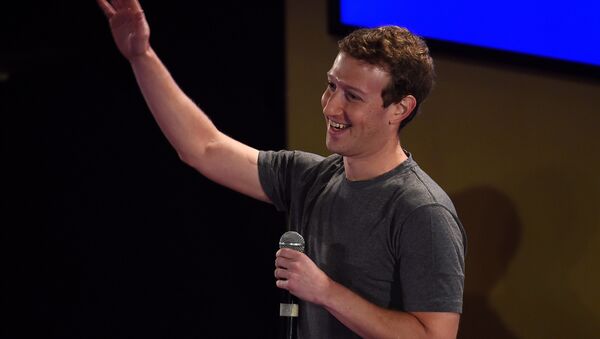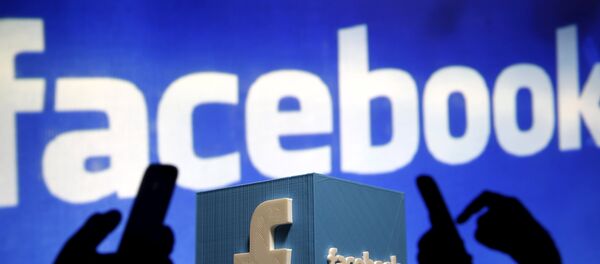Unlike other billionaires, who pledged to give much of their wealth away to charities, Zuckerberg's entity would be to a limited liability corporation, which would then invest the holdings when Zuckerberg decides to do so. Zuckerberg was previously criticized because his charity efforts appeared to be more aimed at growing Facebook's user base.
The corporation structure would allow Zuckerberg to invest in for-profit companies, as well as lobby for legislation and seek to influence public policy, which non-profits are unable to do under tax laws. The SEC filing and Zuckerberg and his wife Priscilla Chan's announcement do not mention grants, the typical form of disbursements by charitable foundations, such as that of Bill and Melinda Gates.
"For this purpose, Mr. Zuckerberg has established a new entity, the Chan Zuckerberg Initiative, LLC, and he will control the voting and disposition of any shares held by such entity," Facebook's December 1 SEC filing said.
Billionaires Warren Buffet and Bill Gates, who previously pledged to donate at least half of their net worth to charity, praised Zuckerberg's decision. Zuckerberg is said to have the net worth of $46 billion, according to Forbes, of which he intends to donate nearly $45 billion in Facebook stock.
Unclear Goals
In the letter to their daughter, which outlines the new effort, Zuckerberg and his wife Priscilla Chan focus on political initiatives and financial investments, rather than charitable grants, not mentioned in the letter.
The investments appear to be aimed at both technological and medical sectors. The profits generated would then be used to fund further initiatives and investments.
His immigration reform campaign was criticized for Facebook's practice of bringing in developers from abroad on H1 visas, which critics said hurt the domestic labor market.
"We must participate in policy and advocacy to shape debates. Many institutions are unwilling to do this, but progress must be supported by movements to be sustainable," the letter said.
Zuckerberg's effort to promote charter schools proved especially controversial, as did his attempt to spread a free, "basic" version of the Internet in developing countries, which would, in part allow users to access Facebook. His latest initiative, separate from Facebook, is said to be a response to both the backlash against his previous efforts and his wife Priscilla Chan's urging to donate more of his money to charity.
'Philanthropic Investment'
"Philanthropic investment" or "social entrepreneurship" is a relatively new, yet somewhat controversial form of charity-like funds, which advocates argue allow for greater accountability when it comes to results.
While social entrepreneurship companies focus on success stories, they have also led to some controversial results. One is microfinance, which allows donors from wealthy countries to loan money to residents of developing countries. It has been linked to hundreds of suicides in India, according to a 2012 AP report.
The loans function on the idea that entire communities act as guarantors of a loan, so if one member defaults, the entire community is cut off from further finance. As a result, company representatives and community members turned into unregulated collection agents with unlimited authority, driving many to suicide, particularly as non-profits began to become for-profit companies listed on stock exchanges.
"One woman drank pesticide and died a day after an SKS loan agent told her to prostitute her daughters to pay off her debt. She had been given 150,000 rupees ($3,000) in loans but only made 600 rupees ($12) a week," the AP report said.
The donation was linked to school reforms, but led the community to rebel against the changes and standardized test scores to drop while much of the donation money went to consultants earning $1,000 per day, according to Washington Post reporter Dale Russakoff, who wrote a book about the donation. Zuckerberg later said that he learned from the experience.






